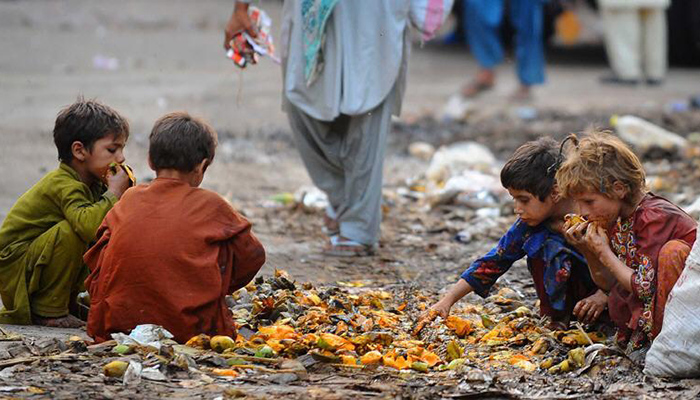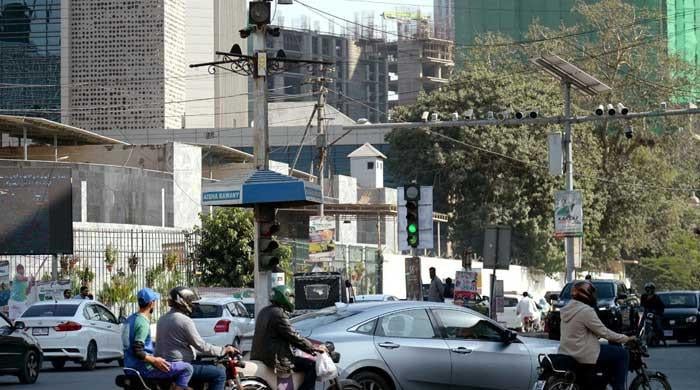Pakistan presents progress report on anti-poverty development plans to UN
Pakistan is committed to Sustainable Development Goals, with an aim to ensure a better life for the country's people
July 17, 2019

UNITED NATIONS: Pakistan on Tuesday presented its progress report and future plans on meeting the globally agreed and nationally adopted anti-poverty Sustainable Development Goals (SDGs), saying that the government of Prime Minister Imran Khan was committed to accelerating human development in the country.
The progress report was in the form of Voluntary National Review, a mechanism in which countries inform the UN about implementation strategies to meet the goals and targets of the sustainable development agenda, also known as Agenda 2030."The aim of this presentation is to showcase our progress and preparedness for SDGs, learning from our experience and exploring avenues for building partnerships for optimization of our efforts towards meeting the SDGs," Kanwal Shauzab, Parliamentary Secretary for Planning and Development, said while presenting the report in the ongoing High-Level Political Forum on Sustainable Development that has been convened by the UN Economic and Social Council (ECOSOC).
She was joined by Riaz Khan Fatyana, Chairman of the Standing Committee of National Assembly on Law and Justice, and Maleeka Bokhari, Parliamentary Secretary for Law and Justice.
Pakistan's Ambassador to UN, Maleeha Lodhi, accompanied the presenters and answered a range of questions posed by delegates. Shuzab said that in his very first address to the nation, Prime Minister Khan pledged to advance many goals set out by SDGs, saying he had brought an unprecedented focus on human development and poverty eradication.
“For the first time in our history”, she said, “the country’s chief executive declared his resolution to promote human development through a people-centred and inclusive and democratic development path.”
“Subsequently the government began to execute his vision of leaving no one behind by a series of economic, social and environmental policy measures”, she added.
In her detailed statement, Shauzab highlighted some of the key programmes launched by the government including Ehsass Programme, Kamyaab Nojawan Programme, Sehat Insaf Cards, Tahafuz and Kifalat schemes, Billion Tree Tsunami, and affordable housing scheme, and said that a dedicated ministry had been established to coordinate and spearhead all efforts aimed at poverty reduction.
Underscoring that the government was aligning its policies to SDGs, Shauzab said that Pakistan was committed to bringing systemic changes in social sector service delivery and revamping governance institutions.
“Recognizing that strong institutions are key to achieving SDGs, Pakistan is embracing on strengthening institutions and ensuring meritocracy”, she added.
Shauzab stressed the need for global partnerships to proceed further on these ambitious development plans and said that Pakistan looked forward to forging alliances to meet the goals and targets laid out in 2030 agenda.
“We are convinced”, she said, “those public-private partnerships are the most efficient and inclusive way to accomplish our targets, and therefore we are engaging and involving the private sector, civil society, media, think tanks and academia in our efforts to achieve inclusive and sustainable development.”
She concluded by saying that Pakistan was committed to SDGs, with an aim to ensure a better life for our people and leave no one behind in the journey of building a prosperous, equitable and just society.









